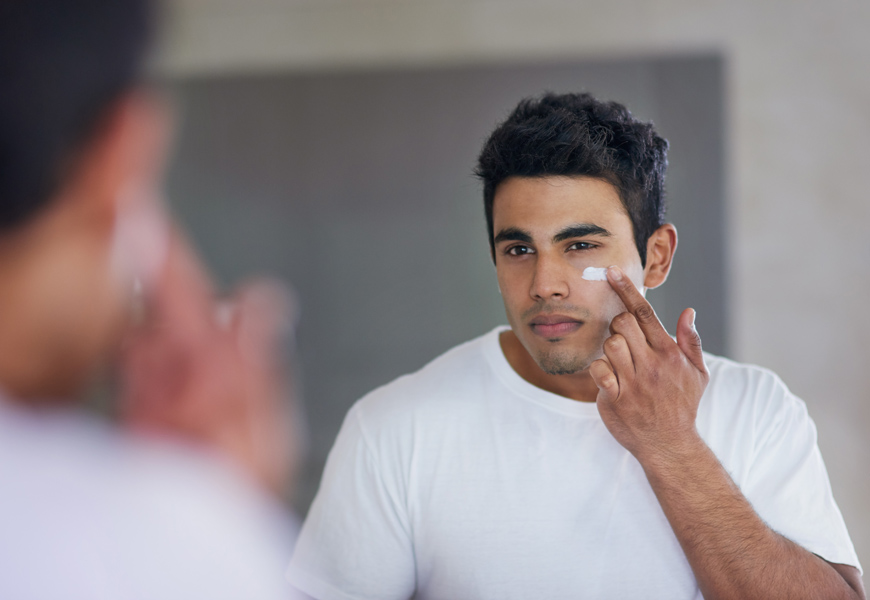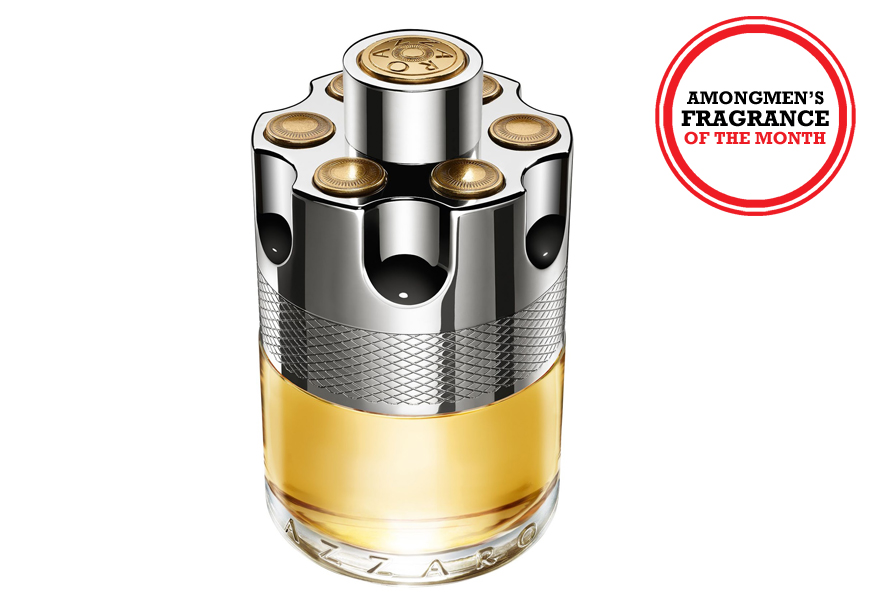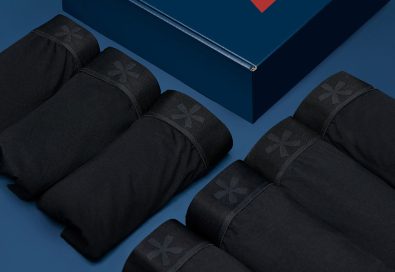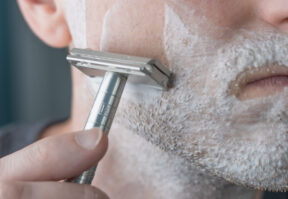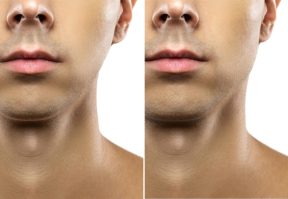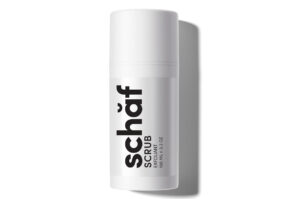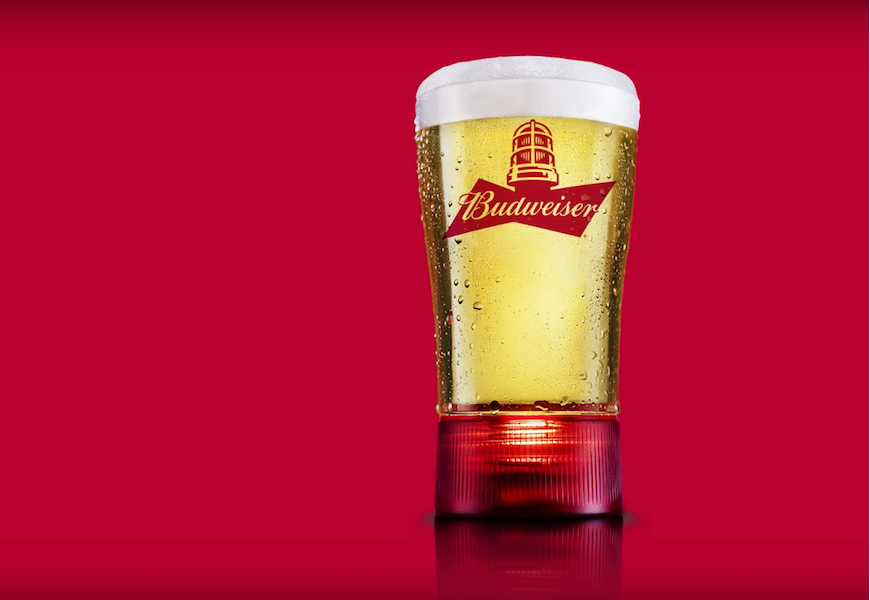In the war against wrinkles and fine lines, many believe that skincare ingredient, retinol is your ultimate warrior. You can eat it in carrots and veggies (your body converts their beta carotene into vitamin A, which equals retinol) and in fish oils, eggs and butter. You can also apply it directly onto your face with the right skin cream. Before you do though, here’s what you need to know.
What is retinol?
Simply put, retinol is a form of vitamin A. “It belongs to a family of molecules called retinoids, which are essential for skin health and have been shown to be some of the most effective anti-aging ingredients available apart from sunscreen,” explains Dr. Michelle Levy MD FRCP, a dermatologist at her eponymous medical and cosmetic clinic in Toronto.
How does retinol work in skincare products?
When applied to your face, retinol encourages the top layer of your skin cells to die, prompting new ones to grow. “It stimulates collagen production, reduces the stickiness of skin cells and speeds up cell turnover,” affirms Dr. Levy. “The result is that retinoids reduce fine lines, unclog pores and even out skin discolouration.”
Who should use retinol-based skincare products?
Are you in your late 20s or older? Got fine lines, crow’s feet and wrinkles? Wish you didn’t? You can use retinol. “Anyone concerned about skin aging may benefit from the use of a product that contains retinol,” adds Dr. Levy. Although word to the wise, don’t share your retinol-infused products with your partner if she’s pregnant, nursing or if you’re trying to conceive.
Will retinol irritate my skin?
Chances are, yes, but only for the first few weeks. “This is actually very common, particularly when someone first starts using a retinoid,” explains Dr. Levy. “For this reason, it’s best to start out slowly when using these products.” Apply retinol creams like Neutrogena Rapid Wrinkle Repair Regenerating Cream ($37, available at Shoppers Drug Mart), once to twice a week for the first month before slowly increasing to daily use. “If the skin becomes red and irritated, it’s best to stop using the product for a few days and then slowly re-start it,” advises Dr. Levy.
Any additional key retinol tips?
If you’ve got adult acne, there’s a strong likelihood your retinol skin cream will help to keep spots and dots away. And even more importantly, if you’re using any incarnation of retinol, you need to wear a sunscreen every single day, winter, spring, summer and fall. “Retinoids like retinol may make your skin more sensitive to the sun’s rays, increasing the risk of sunburn and sun damage,” explains Dr. Levy. Considering you probably got a lot of your fine lines from being out in the sun without a sunscreen, applying one now, complete with UVA and UVB broad spectrum protection, makes good sense. Try: Neutrogena Sheer Zinc Face SPF 50 (from $16, available at Shoppers Drug Mart).

